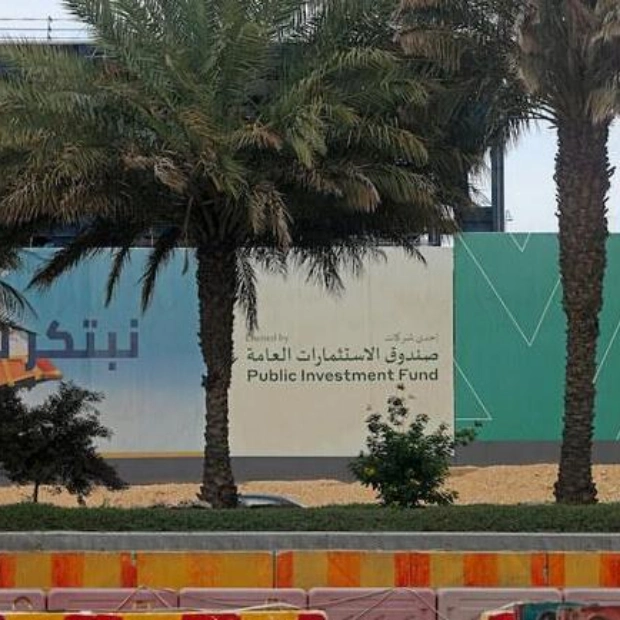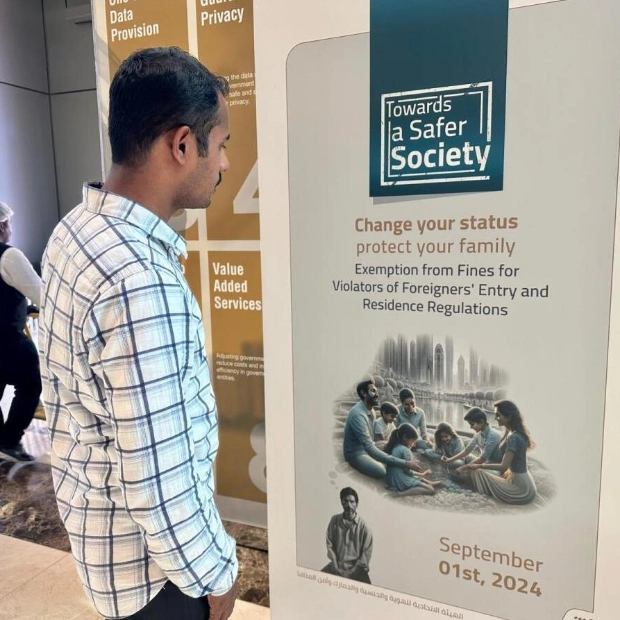Dublin has introduced binding regulations to safeguard EU users of video-sharing platforms from harmful content, aiming to end the 'Wild West' of self-regulation. The Online Safety Code, set to take effect next month, marks the end of the era of social media self-regulation, according to Ireland's Online Safety Commissioner, Niamh Hodnett.
The finalized code, adopted after consultation with the European Commission, will apply to platforms with their EU headquarters in Ireland. It mandates that these platforms protect users, particularly children, from harmful video and associated content. Prohibitions include the uploading or sharing of child sexual abuse material and content that incites violence or racism. Platforms will also be required to combat cyber-bullying and provide mechanisms for reporting rule-breaking content.
Additionally, the code mandates the implementation of age verification measures to prevent children from accessing pornography or violent content. Companies violating these rules could face fines of up to 20 million euros ($21.7 million) or 10 percent of their annual turnover, whichever is higher. Although the obligations will come into force next month, platforms will have up to nine months to update their IT systems.
Hodnett emphasized the importance of ensuring users know their rights online and holding platforms accountable for failing to meet their obligations. Ireland's media regulator has designated 10 services as video-sharing platforms, including Facebook, Instagram, YouTube, Udemy, TikTok, LinkedIn, X (formerly Twitter), Pinterest, Tumblr, and Reddit. The code will apply to nine of these platforms, with Reddit having the right to appeal against its designation.
A TikTok spokesperson welcomed the new code, which digital services commissioner John Evans described as a 'significant milestone'. Hodnett highlighted the need for a 'step change' in how platforms operate, emphasizing the importance of clear evidence of behavioral change. She concluded that the era of self-regulation is over, and an effective statutory regime is now in place to oversee platform compliance and accountability.
Source link: https://www.khaleejtimes.com






